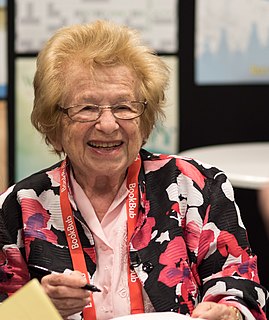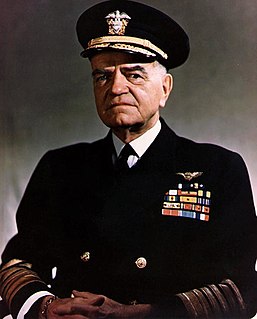A Quote by H. G. Wells
Alexander the Great changed a few boundaries and killed a few men. Both he and Napoleon were forced into fame by circumstances outside of themselves and by currents of the time, but Margaret Sanger made currents and circumstances. When the history of our civilization is written, it will be a biological history and Margaret Sanger will be its heroine.
Related Quotes
Biographical history, as taught in our public schools, is still largely a history of boneheads; ridiculous kings and queens, paranoid political leaders, compulsive voyagers, ignorant general the flotsam and jetsam of historical currents. The men who radically altered history, the great scientists and mathematicians, are seldom mentioned, if at all.
To us, it is incomprehensible that millions of Christian men killed and tortured each other because Napoleon was ambitious or Alexander was firm, or because England's policy was astute or the Duke of Oldenburg was wronged. We cannot grasp what connection such circumstances have the with the actual fact of slaughter and violence: why because the Duke was wronged, thousands of men from the other side of Europe killed and ruined the people of Smolensk and Moscow and were killed by them.
In a few hundred years, when the history of our time will be written from a long-term perspective, it is likely that the most important event historians will see is not technology, not the Internet, not e-commerce. It is an unprecedented change in the human condition. For the first time - literally - substantial and rapidly growing numbers of people have choices. For the first time, they will have to manage themselves. And society is totally unprepared for it.
The great river-courses which have shaped the lives of men have hardly changed; and those other streams, the life-currents that ebb and flow in human hearts, pulsate to the same great needs, the same great loves and terrors. As our thought follows close in the slow wake of the dawn, we are impressed with the broad sameness of the human lot, which never alters in the main headings of its history--hunger and labour, seed-time and harvest, love and death.

































